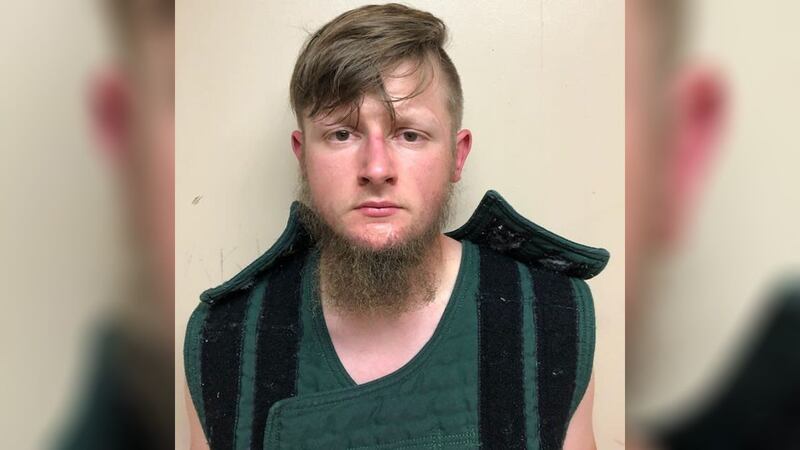ATLANTA — One month after he agreed to a guilty plea in Cherokee County, the man accused in the Atlanta spa shootings appeared before a Fulton County judge.
Robert Aaron Long was in Fulton courtroom for the first time Monday morning. It was originally scheduled as an arraignment hearing but the indictment will now be read on Sept. 28.
Long is charged with killing eight people at a spa near Acworth and two spas off Piedmont Road on March 16. Inside the courtroom, Long’s family sat on one side. Some of the victims’ families sat on the other side of the room.
[DOWNLOAD: Free WSB-TV News app for alerts as news breaks]
Last month, Long pleaded guilty to killing Xiaojie “Emily” Tan, 49; Daoyou Feng, 44; Delaina Yaun, 33; and Paul Michels, 54, in the Cherokee County shooting.
Cherokee County District Attorney Shannon Wallace said Long will serve four life sentences without parole.
Long is also charged in the deaths of Yong Ae Yue, 63; Soon Chung Park, 74; Suncha Kim, 69; and Hyun Jung Grant, 51 at two Piedmont Road spas.
RELATED STORIES:
- Metro Atlanta spa shooter agrees to guilty plea deal in Cherokee County shooting
- DA to seek death penalty, hate crimes charges against suspect, 22, in Atlanta spa shootings
- 8 killed, 1 injured in shootings at 3 spas in metro Atlanta; suspect in custody
- Who is Robert Aaron Long, the suspect in the deadly Georgia spa shootings?
Earlier this year, Fulton County District Attorney Fani Willis announced she would be seeking the death penalty in the case.
During a news conference Monday, Willis said Long’s defense team reached out in hopes of making a deal.
“I’m reasonable, so a plea deal is always something that may be discussed in the future. However, I have no intention of removing the death notice,” Willis said.
Willis said she plans to move forward with hate crime charges based on race and gender will also seek the death penalty.
“I don’t want our victims to get lost. These were all women who worked and lived in our community. They were mothers, grandmothers, sisters, daughters, friends.”
In Cherokee County, Wallace said she investigated the case with the FBI and the sheriff’s office as a hate crime but did not find sufficient evidence to purse a hate crime penalty enhancement.
She said if the case had gone to trial she intended to portray the case as a bias against gender but not as a racially motivated attack against Asians.
©2021 Cox Media Group





